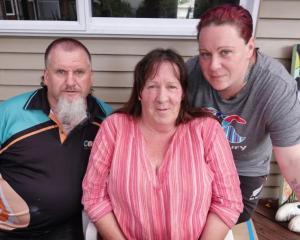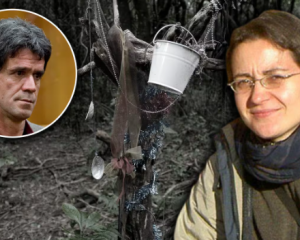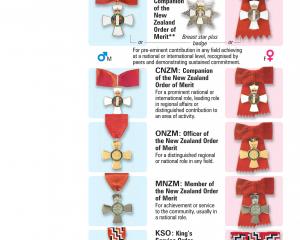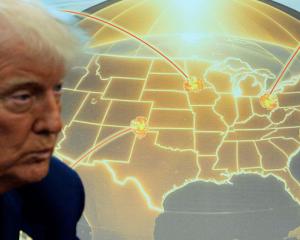New Zealand's high levels of child poverty, violence against women and a proposed law affecting asylum-seekers have been criticised by a human rights watchdog.
The Amnesty International Annual Report on the state of the world's human rights highlighted the high numbers of Maori and Pacific children affected by poverty.
Amnesty's New Zealand executive director Grant Bayldon said the 270,000 children living in poverty, according to a 2012 Ministry of Social Development report, was "a stain on New Zealand's human rights record".
"Human rights are not just about freedom from oppression, they're also about access to education, healthcare, and adequate housing, and such widespread child poverty in New Zealand is a human rights issue."
Mr Bayldon said New Zealand had signed up to international covenants on these rights but had not put them into law. Adding them to the Bill of Rights would provide a measuring stick for new laws and policies, he said.
Also criticised was the Immigration Amendment (Mass Arrivals) Bill, which would allow for indefinite detention of asylum-seekers arriving by boat in groups of more than 10 people.
"What we've seen increasingly is governments using tough immigration laws to justify not protecting the rights of people fleeing persecution and conflict," he said.
The bill, which passed its second reading in April, was jeopardising New Zealand's previously good reputation for treatment of asylum seekers and refugees.
"It would give the power to detain asylum seekers because of the way they arrive in New Zealand, which isn't legal under the refugee convention that we've signed up to," Mr Bayldon said.
"There's a really important principle that I think most New Zealanders would hold dear, that we don't lock up people who haven't done anything wrong.
"Claiming asylum is exactly what people who arrive here fleeing persecution should do under international law, and yet this new New Zealand law would provide the power to lock them up."
The report also said the UN Committee for the Elimination of Discrimination against Women was concerned at the persistently high and increasing levels of violence against women, and a failure to collect adequate data, particularly in relation to violence against Maori, migrant and disabled women.
The UN Committee on Economic, Social and Cultural Rights also raised concerns that such rights were not included in the Bill of Rights, and that Maori rights to lands, territories, waters, and maritime areas were not sufficiently protected.
But more positive was the passing of the Marriage Amendment Act allowing same-sex unions.
Worldwide, the report highlighted the number of people displaced by conflict, particularly in Syria, where military and security forces have carried out indiscriminate attacks on civilians.
The UN now estimates 43 million people worldwide have been forcibly displaced because of conflict and persecution, the highest since the mid-1990s.
Pacific human rights scorecard:
New Zealand
- High rates of child poverty
- High levels of violence against women
- Proposed law breaching rights of asylum seekers
Australia
- New laws breach rights of asylum seekers
- Children permitted to be held in adult prisons
- Aboriginal and Torres Straight Islander people over-represented in criminal justice system
Fiji
- Freedom of expression, association and peaceful assembly restricted
- Allegations of torture and ill-treatment by police and security forces
Papua New Guinea
- Violence against women and girls widespread
- Sorcery-related killings common
- Forced eviction for development projects
By the numbers:
- 112 countries tortured citizens in 2012
- 80 countries conducted unfair trails
- 57 countries detained prisoners of conscience
- 21 countries carried out executions
- 12 million people were stateless at the beginning of 2012
- 15 million people are registered as refugees
- Heather McCracken of APNZ












